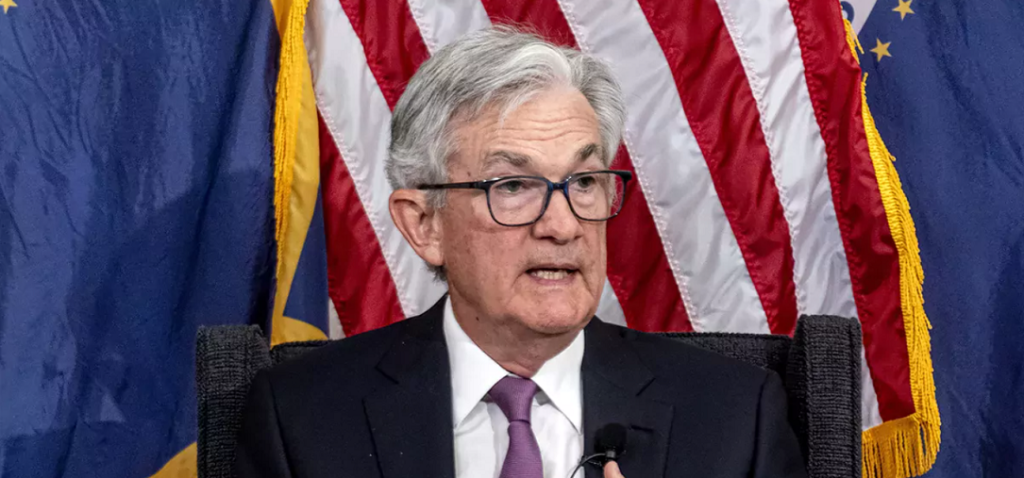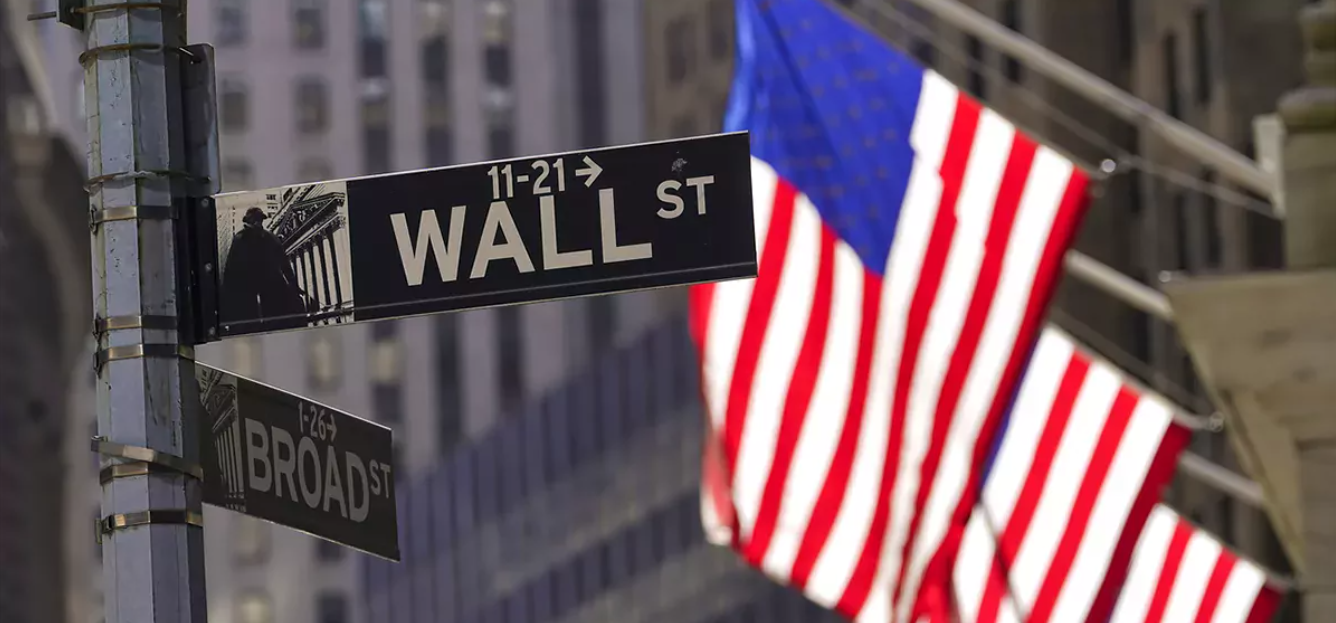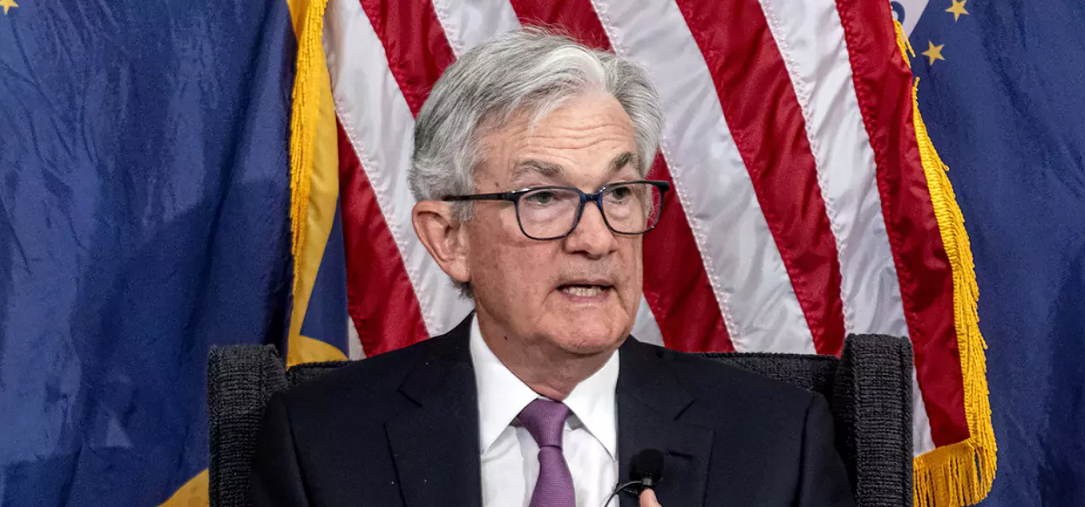
François Christen
Chief Economist
Persistent inflationary pressures call for patience from the Fed, but a rate hike remains unlikely.
Original article published in French on agefi.com

After five months of euphoria, equities have been shaken by an explosive geopolitical context, (slightly) disappointing corporate earnings & guidance and a sharp increase in bond yields. Jerome Powell, who has been rather muted until now, has finally come to terms with something that bond investors had already realised. The upturn in inflation seen in the first quarter is not compatible with a rapid normalisation of monetary conditions. After a series of unpleasant surprises, central bankers will need more time and more data pointing in the direction of disinflation before they can cut interest rates.
The median projection of a Fed Funds rate of 4.6% by the end of the year is out of date, but there is still hope of monetary easing before the end of the year. As some strategists have predicted, maintaining the status quo until December looks increasingly realistic. However, the conditions that would dictate a hike are still far from being met, despite the persistence of inflation affecting service prices.
US Treasuries are under pressure even tough tensions between Iran and Israel remain very high. Rightly or wrongly, Israel’s timid retaliation last Friday was seen as a sign of appeasement. The yield on the 10-year T-Note climbed back to around 4.65% and the yield on the 2-year T-Note topped 5%. Further nasty inflation surprises could push yields above the levels seen last autumn. On an extreme note, JP Morgan boss Jamie Dimon has raised the possibility of yields as high as 8%, but this scenario looks more like a “stress test” than an inevitable outcome.
While we await a number of important figures (first-quarter GDP growth, PCE price index), recent data sheds some light on the housing sector. The concomitant decline in building permits, housing starts and existing home sales reflects a cooling that could worsen if the rebound in mortgage rates does not reverse soon.
Although the Fed is passive, the sharp increase in yields, the appreciation of the dollar and the fall in equities are leading to a tightening of financial conditions that could hamper growth and curb inflation in the medium term. A delayed landing for the US economy remains likely, in line with the IMF’s latest forecasts of 2.7% growth in 2024 and 1.9% in 2025.
In Europe, the structure of interest rates in euros has continued to edge upwards. The yield on the 10-year German Bund reached 2.55%. The meagre recent news is unlikely to influence the decision to be taken by ECB’s Governing Council at the meeting on June 6th. In the UK, the slowdown in annual inflation (3.2% in March after 3.4% in February; 4.2% after 4.5% excluding energy and food) is keeping hopes alive that the base rate will be cut at the June meeting or during the summer, as reflected by the sharp inversion of the sterling yield curve.









